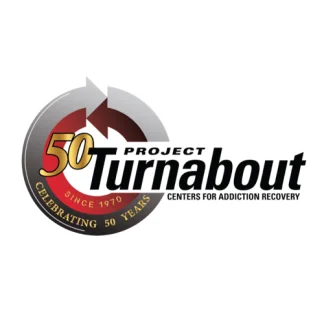Project Turnabout
Granite Falls, Minnesota, 660 18th Street, 56241
Available Programs
- Adolescence program
- Adult program
- Hearing impaired program
- Open beds : 100
- Program for men
- Program for women
- Total beds : 100
- Young adult program
Insurance and Financial
- Medicaid
- Private insurance
- Self-pay options
- Financial aid
- Monthly : $10,000
About this Facility
Project Turnabout is a drug and alcohol recovery center in Granite Falls, Minnesota. They provide a full continuum of care, beginning with detox services and following through to post treatment support. Their residential facilities are in a private setting surrounded by trees and offer modern amenities.
Project Turnabout provides inpatient and outpatient care for men and women. Each program is gender specific and specialized for the unique challenges individual clients may face on the path to recovery.
The residential program focuses on behavioral therapy, empowerment, and community building. Clients work with their care team throughout treatment to build a structured treatment schedule that meets their specific needs. In addition, programs utilize individual, group, and family therapy, spiritual healing, and mental and physical fitness.
Most of the semi-private bedrooms house three clients at a time. The facilities are staffed with medical and support teams 24 hours a day to ensure safety and provide aid as needed. Support staff includes licensed nurses, mental health professionals, addiction counselors, certified dieticians and fitness trainers, and chaplains.
Project Turnabout’s outpatient services are available to clients 16 and older. Clients visit the campus at scheduled intervals during the week to receive therapy and counseling on an individual, family, and group basis. A counselor works closely with each client to guide them through the process and support recovery.
Outpatient sessions can meet once or twice a week for three hour sessions for up to seven weeks. IOP meets three times a week, three hours a session, for nine weeks.
Mental illnesses like depression, anxiety, and bipolar disorder are often present alongside substance use disorders. Project Turnabout’s co-occurring disorder treatment integrates mental health services into a client’s treatment plan to provide greater stability and reduce relapse risk. They use DHHS approved methods and techniques alongside traditional and holistic addiction support services.
Project Turnabout is certified by the Commission on the Accreditation of Rehab Facilities and is a member of the Minnesota Alliance of Rural Addiction Treatment Programs.
Contact us for more information: (320) 564-4911

Contact Project Turnabout
Connect with Project Turnabout by calling their admissions team directly.
(320) 564-4911 Website Get Directions